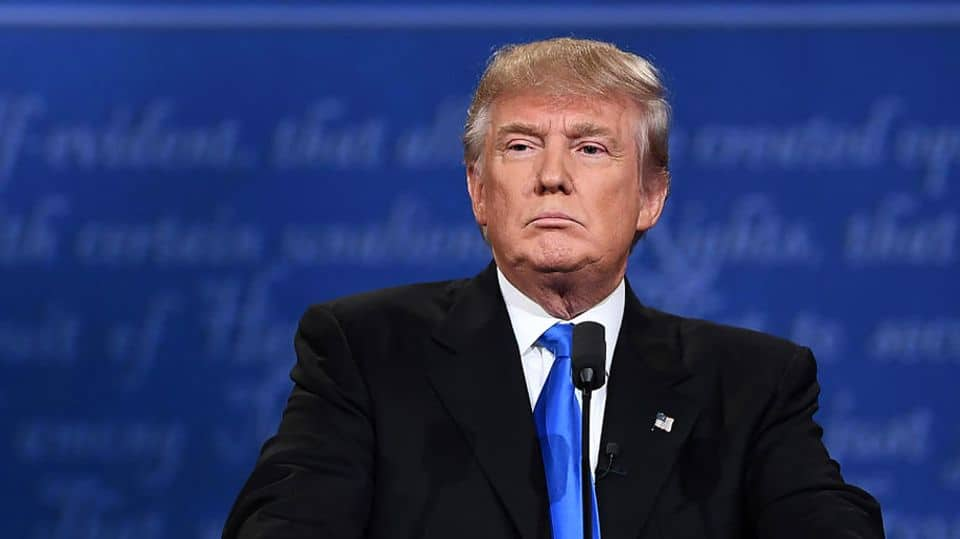
Bill for increasing green card allocation introduced in US
What's the story
US President Donald Trump's policy changes with respect to immigrants have been in news quite a lot. In the latest step, a legislation that pushes for a merit-based immigration system has been introduced. It also increases the allotment of green cards by an impressive 45% annually. If signed into a law, this move will surely benefit Indian techies. Here's all about it.
Current system
What is the current system of green card allocation?
The new law will end the diversity visa programme. This programme, also known as the green card lottery, makes 50,000 immigrant visas available annually. Individuals are drawn from a random selection of entries from countries with low rates of immigration to US. This green card, known as the permanent resident card, allows a person to live and work in US permanently.
Changes
Now, what changes will the new bill bring?
The new legislation "Securing America's Future Act" will reduce overall immigrants from 10L to 2L a year. Reportedly, about 5L Indians are waiting for their green cards. They have to, at regular intervals, extend their H-1B visas to continue working. Some wait for decades before they get a green card. Now, as number of allocated green cards increases, their wait might reduce.
Do you know?
However, the new bill will end "chain migration"
But, this legislation will end "chain migration," affecting Indian-Americans planning to bring their relatives to US. Except spouses and minor children, the bill eliminates the green card programme for other relatives. Meanwhile, it does allow parents to visit US with a renewable temporary visa.
Significance
Who will the bill benefit?
The lawmakers asserted that "this bill offers common-sense solutions that will finally secure US borders," getting tough on those breaking immigration laws. This bill will benefit Indian and Chinese technology professionals who travel to US on H-1B visas and apply for green cards or permanent residence. The merit-based system will most likely ensure that the brightest minds are retained in the US.